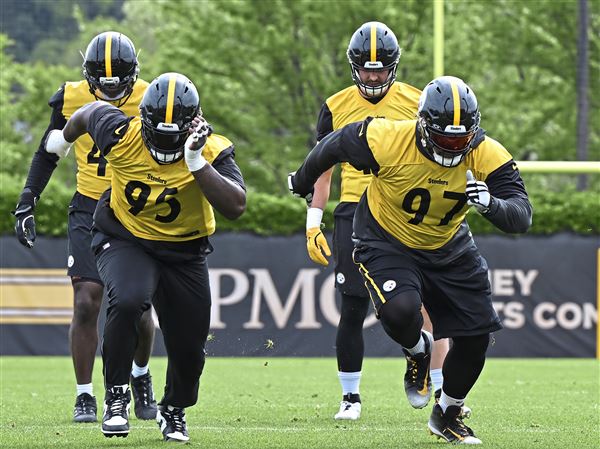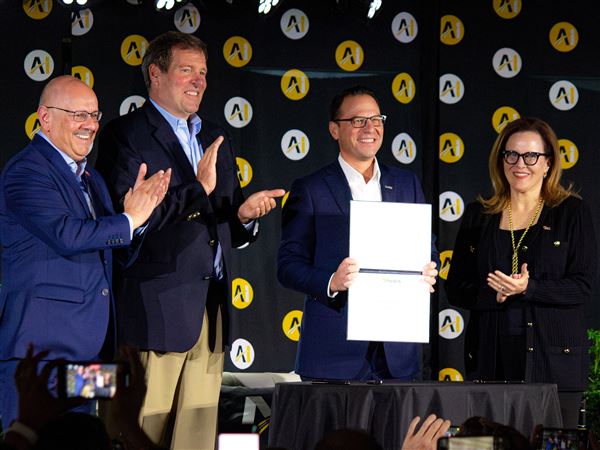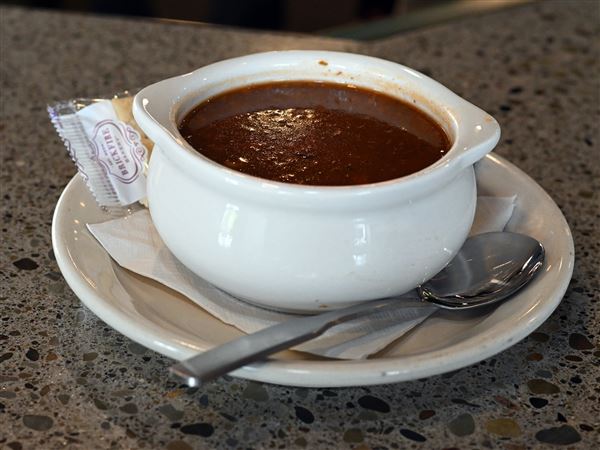State Treasurer Rob McCord holds a trump card against Gov. Tom Corbett's play to outsource operation of the Pennsylvania Lottery.
Mr. McCord says he won't sign off on dispensing any public funds to a private operator until administration officials prove that what they want to do is legal. The treasurer's concern -- and one the public should share -- is that privatization is a backdoor attempt to vastly expand state-approved gambling.
Hiring an outside firm to run the lottery isn't the problem. Doing so makes sense, especially if a private enterprise can guarantee that it would bring the state more money than the current lottery operation, which shows profits exceeding $1 billion a year.
But the state's request for proposals from firms says the successful bidder could start offering Internet games in 2015 and "keno-like monitor based games," which most likely means video-poker machines. The devices allow players to bet on poker hands and the game keno, which is similar to bingo.
Although video poker is ubiquitous in bars throughout the region, it remains illegal for establishments to hand out money for winning hands. The fact that enforcement is lax and payouts pervasive doesn't mean the state can, simply by issuing a contract, get around the law.
The question of expanding legal gambling beyond slot machines and table games in state-licensed casinos is one that should be decided through an open process, with legislation, hearings, debates and votes by lawmakers.
The Corbett administration doesn't seem to agree. In an email, a Revenue spokeswoman said signing a management contract is well within the department's authority, and she characterized keno as "simply Super 7 drawn more frequently than once or twice a day." Just for example, the Missouri state lottery offers keno "more frequently" and in that state, it means 20 numbers drawn every four minutes. Can anyone say addicting?
So far, Pennsylvania has proceeded cautiously with legalized gambling, first by authorizing casinos in 2004 that were limited to slot machines and then, after several successful years of operation, by adding table games.
By announcing his next step, Mr. McCord has correctly put the governor on notice that there are limits to the administration's power to expand legal gambling without giving the public a say.
First Published: December 16, 2012, 5:00 a.m.














